James D. Zirin is an experienced litigator as well as the host of a popular television talkshow. In this provocative polemic he uses skills developed both from behind the bar and in front of the camera to mount the charge that the US Supreme Court is a political court. How far does his evidence support his claim?
In 1803 Chief Justice Marshall invented the doctrine of judicial review, by which the Supreme Court had the right to strike down Acts of Congress and executive action as inconsistent with the constitution. Inevitably, it then became involved in issues that were heavily political. In 1857 the court upheld the property rights of slave owners. In 1896 it created the separate but equal principle. In 1954 it outlawed segregation. Next it validated race-based affirmative action, but in 2003 signalled its eventual decline. There is no clearer illustration of Zirin’s dictum: ‘Changing judges decidedly changes the law.’
But this is not to say that the justices vote a party ticket. The expectations of presidents who seek out judges sympathetic to their own agendas are often disappointed: they can’t always get what they want. Earl Warren, a conservative governor of California and Eisenhower’s choice for chief justice, became leader of the court in its most liberal hour. John Roberts, George W. Bush’s selection for the same office, ensured the narrow majority in support of Obamacare.
Of the current court, there were, until Antonin Scalia’s premature death, six Catholics and three Jews on the bench — not a Wasp in sight, which may provide some insight into the recent electoral rebellion of white protestant males. Scalia voted against gay marriage; Anthony Kennedy wrote the majority judgment in its favour. Both were Catholics as well as Republican nominees. But Scalia was an originalist, seeking to interpret the constitution through the eyes of those who drafted it. Kennedy, by contrast, sees the constitution as ‘always speaking’. It was not politics or even religion that put them on different sides of this hot-button issue.
Nor can pure politics explain the extreme fidelity of the court to the first amendment guarantee of freedom of expression — which has, after all, been used to exculpate hate speech of the kind criminalised in the United Kingdom, as well as to remove constraints on political funding. Only a Donald Trump can nowadays afford to campaign: an Abraham Lincoln could not. Some justices are also free in their expression about the opinions of those with whom they disagree. No British judge has ever characterised another’s judgments, in Scalia’s pungent vernacular, as ‘pure apple sauce’.
Zirin is on surer ground when he notes that judges — who must, and do, aspire to impartiality — cannot detach themselves entirely from either nature or nurture. Both forces shape their judgments (and no doubt their politics, too). But while there are indeed identifiable liberal and conservative blocs on the Supreme Court — he speculates that it will take a single substitution of a conservative for a liberal justice to unwind the Roe v. Wade decision on the right to abortion — the verdict on Zirin’s less nuanced charge must be ‘not proven’. The 5-4 decision which ensured that George W. Bush triumphed over Al Gore in the contested 2000 election, with the five republican appointees out-voting the four democratic ones, was exceptional — as indeed was the case itself.
Alexander Hamilton described the judiciary as ‘beyond comparison the weakest’ of the organs of government, lacking both sword and purse. But, as custodian and construer of the highest law of the republic, the US Supreme Court has become, in legal terms, the strongest — which is why there is so much interest in Trump’s potential capacity to reshape the court. Our own Supreme Court’s powers of judicial review are more limited but, partly through the infusion of European law, it is taking decisions of great political consequence — witness the Article 50 litigation.
Half of the 12 British justices are due to retire in the next three years. Leading Tory politicians, such as William Hague, have from time to time suggested, as a quid pro quo, the need for political involvement in the process of senior judicial appointments — anathema to those who value the independence of the judiciary. Zirin’s book is destined to be source material for those on both sides of this recurring debate.
In the United Kingdom judicial independence is protected by security of tenure and protection of salary. In the USA the latter applies as well but, unlike in the UK, there is no mandatory retiring age and voluntary retirements are exceptional. Lord Neuberger recently announced that half of the 12 justices will retire as time expires within the next 18 months. By then three of the US justices will be in their eighties, giving Trump, with a compliant Senate, an opportunity to reshape a court whose legacy will inevitably outlast his own. Zirin’s book explains just why the stakes are so high.
Got something to add? Join the discussion and comment below.
Get 10 issues for just $10
Subscribe to The Spectator Australia today for the next 10 magazine issues, plus full online access, for just $10.

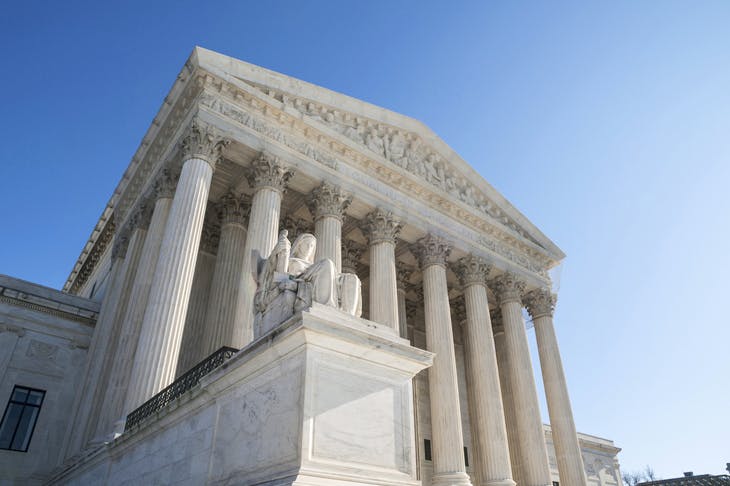
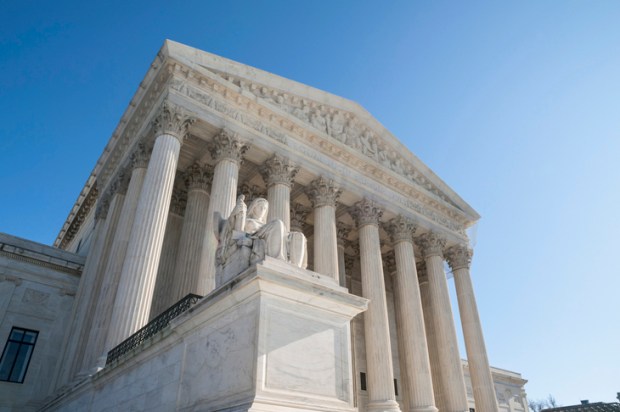
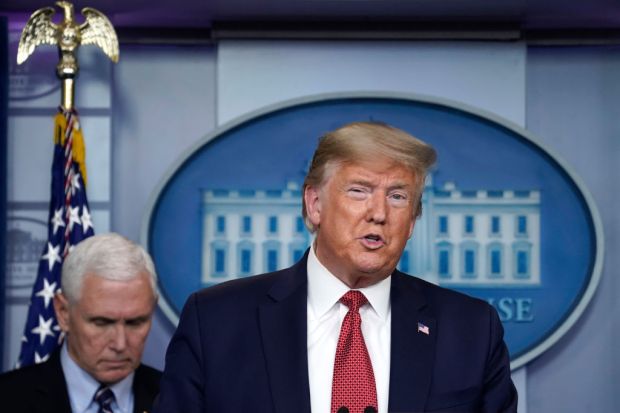


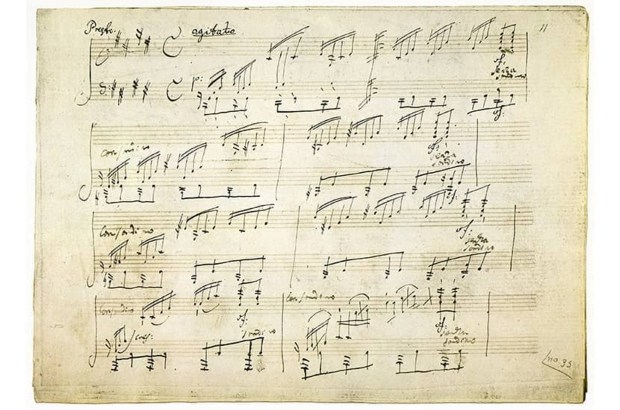
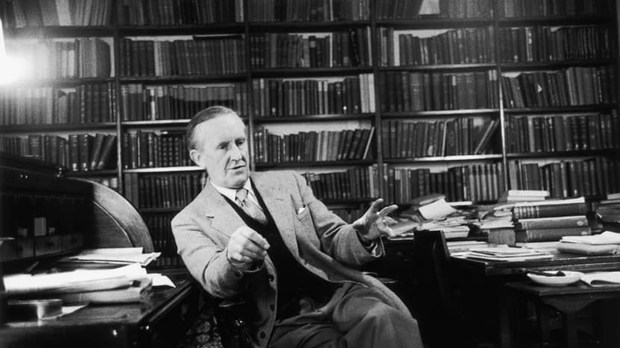






Comments
Don't miss out
Join the conversation with other Spectator Australia readers. Subscribe to leave a comment.
SUBSCRIBEAlready a subscriber? Log in